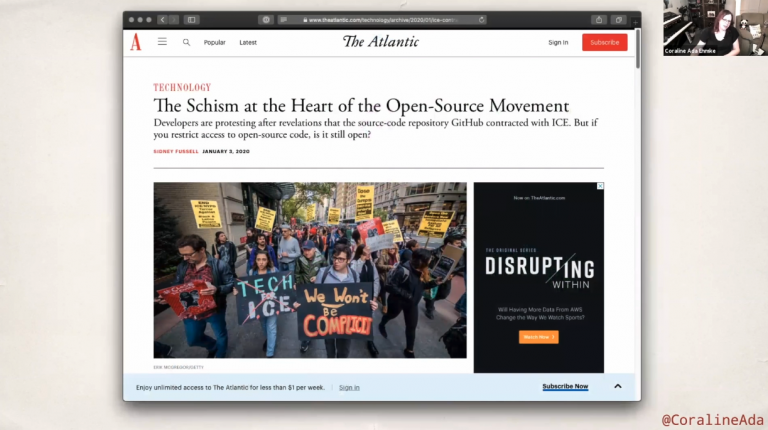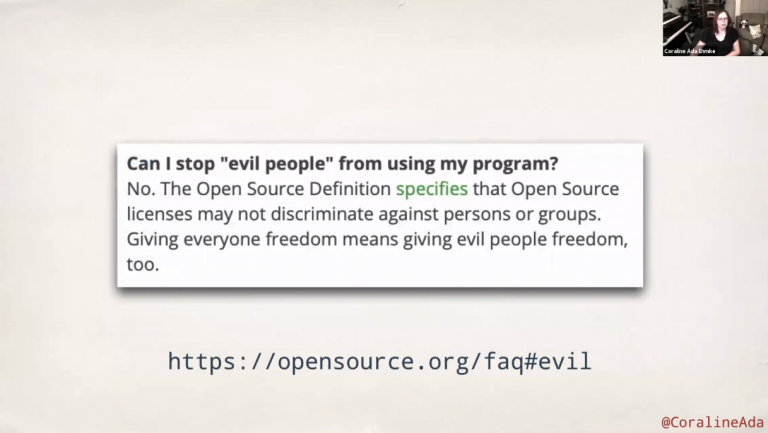If you know the cloud report a little bit, you already know that we thematize topics like diversity, responsibility, sustainability beside all kind of cloud computing things. We understand “cloud” holistically, and we understand “open source” as a mindset of sharing, collaboration, forward-looking, reasonable, social. The open source communities and foundations are showing right now the future of technology´s development!

The virtual Cloud Foundry Summit is happening right now. And as always, all the different technical components of Cloud Foundry take the center stage like cf-for-k8s. I really like the short sessions, although some of the speaker would have needed more time to show everthing they want like Matthias Haussler in his session: Options Galore to Get from Source Code to Container. But for virtual attendees these short sessions are good to consume. And as always, there are different levels of sessions beginners till deep dives and hands-on sessions with the focus on best practices and tips from the community. Even the sponsors are contributors to the project.
But this time Chip Childers (executive director of the Cloud Foundry Foundation) mentioned a special keynote: The Social Responsibility of Software Engineers by Coraline Ada Ehmke, Founder and Executive Director, Organization for Ethical Source. I was very happy and of course joined the keynote!
She started with the parable of the locksmith (a version of the story is here: https://leaddev.com/personal-development/parable-locksmith) and continued with the story of open source. Open source is open to everybody, to open usage, even for evil things. This is part of the story.

But is the developer responsible for the usage of his/her/divers software? And if so, what means this responsibility? Coraline claims: “We have an ethical responsibility to prevent our work from being used to harm others.” and “Freedom is freedom sake is incompatible with our responsibility of the society.” That´s why Coraline founded the Ethical Source Project (https://ethicalsource.dev/) and wrote the Hippocratic License (https://firstdonoharm.dev/) to define responsibilities and give the space to discuss software usage and shows another way to go with their own software. This is not a way to limit the freedom of open source. Because it promotes the freedom of people not to be harmed.
I loved the session! Thanks Cloud Foundry Foundation for this keynote. This is another important part of our category The Human Component.
For all who missed the session: the recording is available via the event!
And now I´m looking forward to a great second day of the Cloud Foundry Summit.
Friederike Zelke
